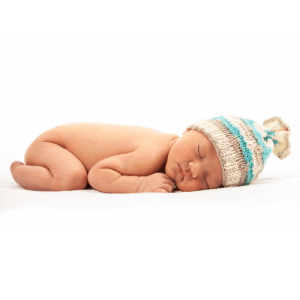
Are you a parent feeling overwhelmed by your child’s restless nights and disrupted sleep patterns? You’re not alone. Many parents grapple with the challenges of understanding and addressing their child’s sleep issues. In this brief overview, we’ll delve into the world of Restless Leg Syndrome (RLS) in children, exploring its causes, symptoms, diagnosis, and treatment options to help you support your child’s sleep health effectively.

Understanding Restless Leg Syndrome (RLS)
Restless Leg Syndrome, often abbreviated as RLS, is a neurological disorder characterized by uncomfortable sensations in the legs and an irresistible urge to move them. While RLS is commonly associated with adults, it can also affect children and often does. The condition affects 2 to 3 percent of children in the U.S.
In children, RLS can disrupt sleep, impact daily functioning, and contribute to behavioral issues, making it essential for parents to recognize the signs and seek appropriate care.
Recognizing the Signs and Symptoms
Recognizing the signs and symptoms of RLS in children is the first step towards seeking help and finding relief. Common symptoms may include:
Seeking Diagnosis and Treatment
If you suspect your child may be struggling with RLS, it’s essential to seek a comprehensive evaluation from a healthcare professional specializing in pediatric sleep disorders. Diagnosis typically involves a thorough assessment of your child’s medical history, symptoms, blood sample collection, and potential underlying factors.
Supporting Your Child’s Sleep Health
As a parent, supporting your child’s sleep health involves a combination of education, advocacy, and collaboration with healthcare professionals. By understanding the signs and symptoms of RLS, advocating for your child’s needs, and seeking appropriate care, you can help your child manage their condition effectively and enjoy restful nights of sleep.
Restless Leg Syndrome can present significant challenges for children and parents alike, impacting sleep quality and overall well-being. However, with early recognition, diagnosis, and appropriate treatment, it is possible to effectively manage symptoms and improve your child’s sleep health. By staying informed, seeking support from healthcare professionals, and implementing targeted interventions, you can help your little one sleep well again.

Sleep

Sleep
